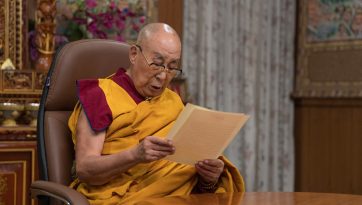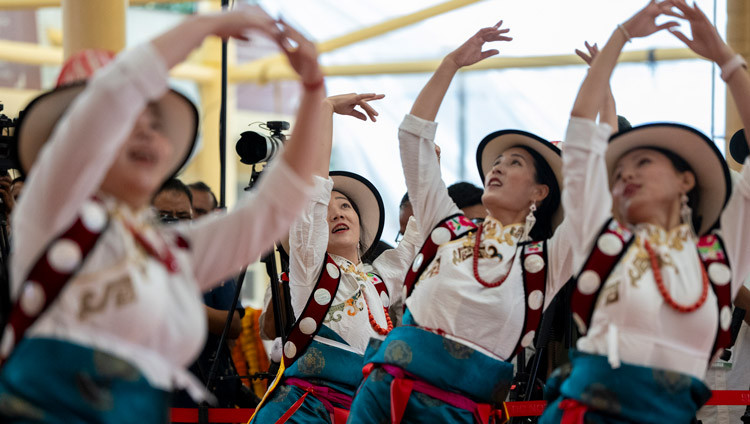THE FOUNDATION FOR UNIVERSAL RESPONSIBILITY
The talk series will explore some of the important philosophical traditions and the impact they have had on the Indian Mind. We hope to help cultivate a deeper understanding of India’s civilizational heritage in a manner that is accessible to a lay person. To start with we plan to look at Sāmkhya, Yoga, Nyāya, Vaiśeşika, Pūrva, Mīmāmsa and Uttara Mīmāmsa that advanced Vedic ideas & philosophies. In time we hope to look at the philosophies of The Mahābhārata, Śankara/Rāmānuja, Buddhism/Jainism, Ramakriṣhṇa/Vivekānanda and the four yogas (Karma, Bhakti, Raja, Hatha) etc.
16th May, 2013, 6:00 pm
Seminar Hall 2&3, Kamla Devi Block
India International Centre, Max Muller Road, New Delhi
Pūrva Mimāmsā
by
Prof. S.R. Bhatt
CHAIR: Dr. Kavita Sharma
Reputed as an eminent philosopher and an international scholar Professor S. R. Bhatt is considered as an authority on Ancient Indian Culture, Buddhism, Jainism and Vedanta. His research areas include Indian Philosophy, Logic, Epistemology, Ethics, Value-theory, Philosophy of Education, Philosophy of Religion, Comparative Religion, Social and Political Thought etc. He retired as Professor and Head, and Coordinator of UGC Special Assistance Programme, Department of Philosophy, University of Delhi, Delhi. He also served as Professor and Head, Dept. of Philosophy, M. S. University, Vadodara. He was General President of Indian Philosophical Congress and Akhil Bharatiya Darshan Parishad (All India Philosophy Association). He has lectured in many universities of different countries and is a member of many national and international associations. He is a Member of Board of Advisors and Regional Coordinator of Council for Research in Values and Philosophy, Washington D.C., USA, which has brought out more than 260 volumes on world cultures and civilizations.
He has authored and edited many books which include The Philosophy of Pancharatra; Studies in Ramanuja Vedanta; Knowledge, Values and Education; Buddhist Epistemology; The Concepts of Atman and Paramatman in Indian Thought; Vedic Wisdom, Cultural Inheritance and Contemporary Life; Juche Social and Political Philosophy; Major Religions of the World; Applied Philosophy, Value Theory and Business Ethics; Buddhist Thought and Culture in India and Korea(Ed.) ; Buddhist Thought and Culture in India and Japan (Ed.); Glimpses of Buddhist Thought and Culture(Ed.);Knowledge, Culture and Value(Ed.); Reality, Knowledge and value(Ed.); Nyayamanjari of Jayanta Bhatta
Highlights of the Talk:
Mimāmsā is an inquiry in human conduct, particularly righteous conduct leading to moksa. The word Mimāmsā denotes the reasoning process to be followed if one would understand the meaning of a word or a sentence in the Vedas. The epithet Pūrva Mimamsa indicates that the primary aim of the Mimāmsā philosophy is to explain the true meaning of the Pūrva or the earlier portion of the vedas. Jaimini is regarded as the compiler of the Mimāmsā Sutras. The two main objectives of the Mimāmsā school was to establish the authority of the Vedas as the incontrovertible source of all knowledge and to explain their true meaning.
—————————————————–
PILGRIMAGE & WORKSHOP:
TENTH YOUTH INTERFAITH PILGRIMAGE
PROGRAMME 2013
5 – 20 August 2013
SOUTH INDIA
An initiative to provide insight into religious diversity, build cross-cultural understanding and encourage spiritual growth.
Apply by JULY 5, 2013
LIMITED SEATS: FIRST-COME-FIRST-SERVE




